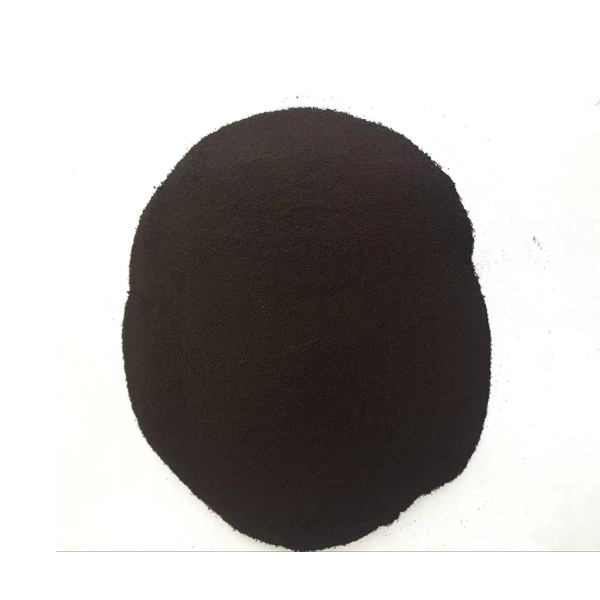
News
Aug . 12, 2024 18:22 Back to list
A Comprehensive Guide to Metal Chelating Agent Manufacturing and Its Key Applications in Industry
The Importance of Metal Chelating Agents A Focus on Manufacturing
Metal chelating agents are essential compounds used in various industrial and environmental applications. These agents have the unique ability to bind metal ions, rendering them less reactive and more manageable. This capability is particularly crucial in contexts like agriculture, medicine, water treatment, and industrial processes. With increasing awareness of environmental sustainability and the need for effective resource management, the demand for metal chelating agents has surged, giving rise to specialized manufacturing processes to produce these compounds efficiently and sustainably.
The Importance of Metal Chelating Agents A Focus on Manufacturing
The manufacturing of metal chelating agents involves several critical steps, including raw material selection, chemical synthesis, and purification. The choice of raw materials is vital, as the effectiveness of the final product is directly influenced by the quality of these inputs. Producers must source high-purity chemicals that meet stringent industry standards. Chemical synthesis typically involves complex reactions that require precise control of reaction conditions, including temperature, pressure, and pH. Advanced technologies and equipment are often employed to optimize these processes, minimizing waste and energy consumption.
metal chelating agent factory

Once synthesized, purification is an essential step in the production of metal chelating agents. This stage ensures the removal of impurities and by-products that could affect the performance of the agent. Various techniques are used, including crystallization, distillation, and chromatography. These methods not only enhance the purity of the product but also improve its stability and shelf life, which are critical factors for industrial applications.
As environmental concerns grow, the focus on sustainable and eco-friendly manufacturing processes has intensified. Many factories are now adopting green chemistry principles in the production of metal chelating agents. This approach emphasizes the reduction of hazardous substances, the use of renewable resources, and the minimization of environmental impact. By implementing cleaner production methods and recycling waste materials, manufacturers can contribute to a more sustainable future.
Additionally, regulatory compliance plays a crucial role in the manufacturing of metal chelating agents. Companies must adhere to strict guidelines set by environmental protection agencies and other regulatory bodies. These regulations ensure that the production processes and the final products do not pose risks to human health or the environment. Companies that prioritize compliance not only enhance their reputations but also open doors to new markets that demand high-quality, environmentally friendly products.
In conclusion, the manufacturing of metal chelating agents is a complex but rewarding process that plays a pivotal role in multiple industries. As demand continues to grow, manufacturers must focus on optimizing production methods, enhancing sustainability, and ensuring compliance with regulations. By doing so, they can ensure that they meet the ever-evolving needs of their customers while also protecting the environment and promoting public health. The future of metal chelating agents looks promising, with innovations and advancements paving the way for increased efficiency and greater sustainability in manufacturing practices.
-
Polyaspartic Acid Salts in Agricultural Fertilizers: A Sustainable Solution
NewsJul.21,2025
-
OEM Chelating Agent Preservative Supplier & Manufacturer High-Quality Customized Solutions
NewsJul.08,2025
-
OEM Potassium Chelating Agent Manufacturer - Custom Potassium Oxalate & Citrate Solutions
NewsJul.08,2025
-
OEM Pentasodium DTPA Chelating Agent Supplier & Manufacturer High Purity & Cost-Effective Solutions
NewsJul.08,2025
-
High-Efficiency Chelated Trace Elements Fertilizer Bulk Supplier & Manufacturer Quotes
NewsJul.07,2025
-
High Quality K Formation for a Chelating Agent – Reliable Manufacturer & Supplier
NewsJul.07,2025
